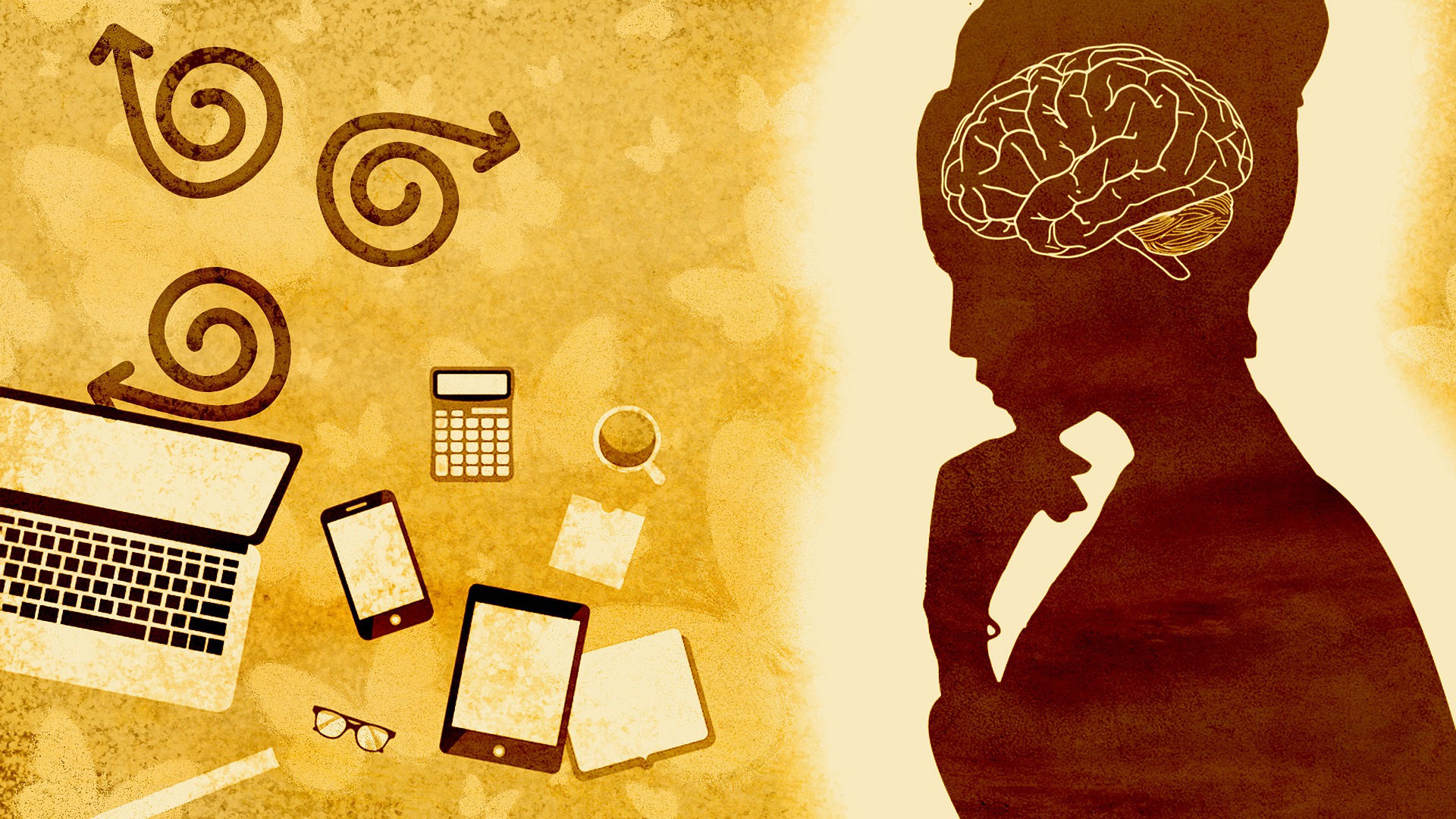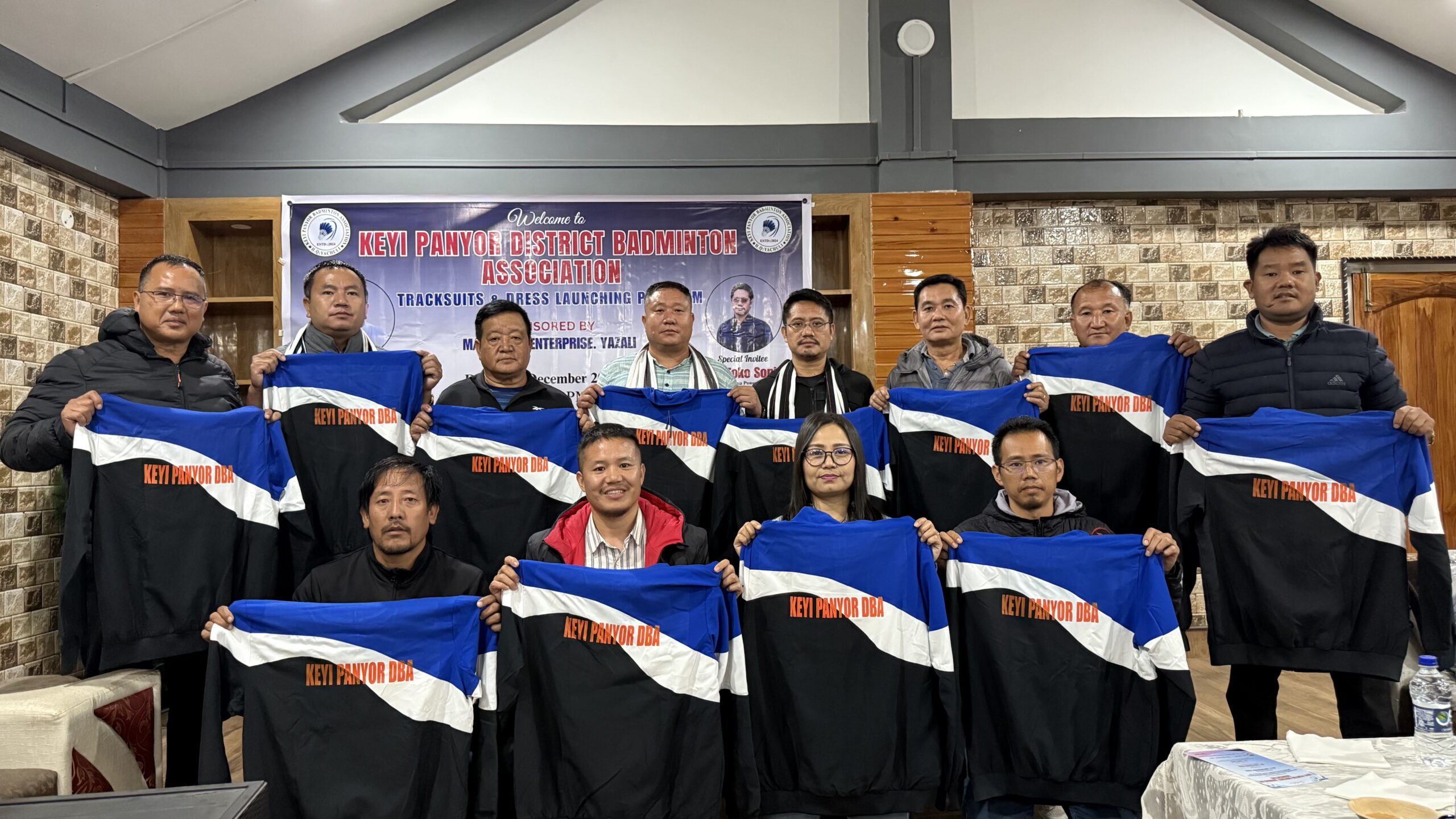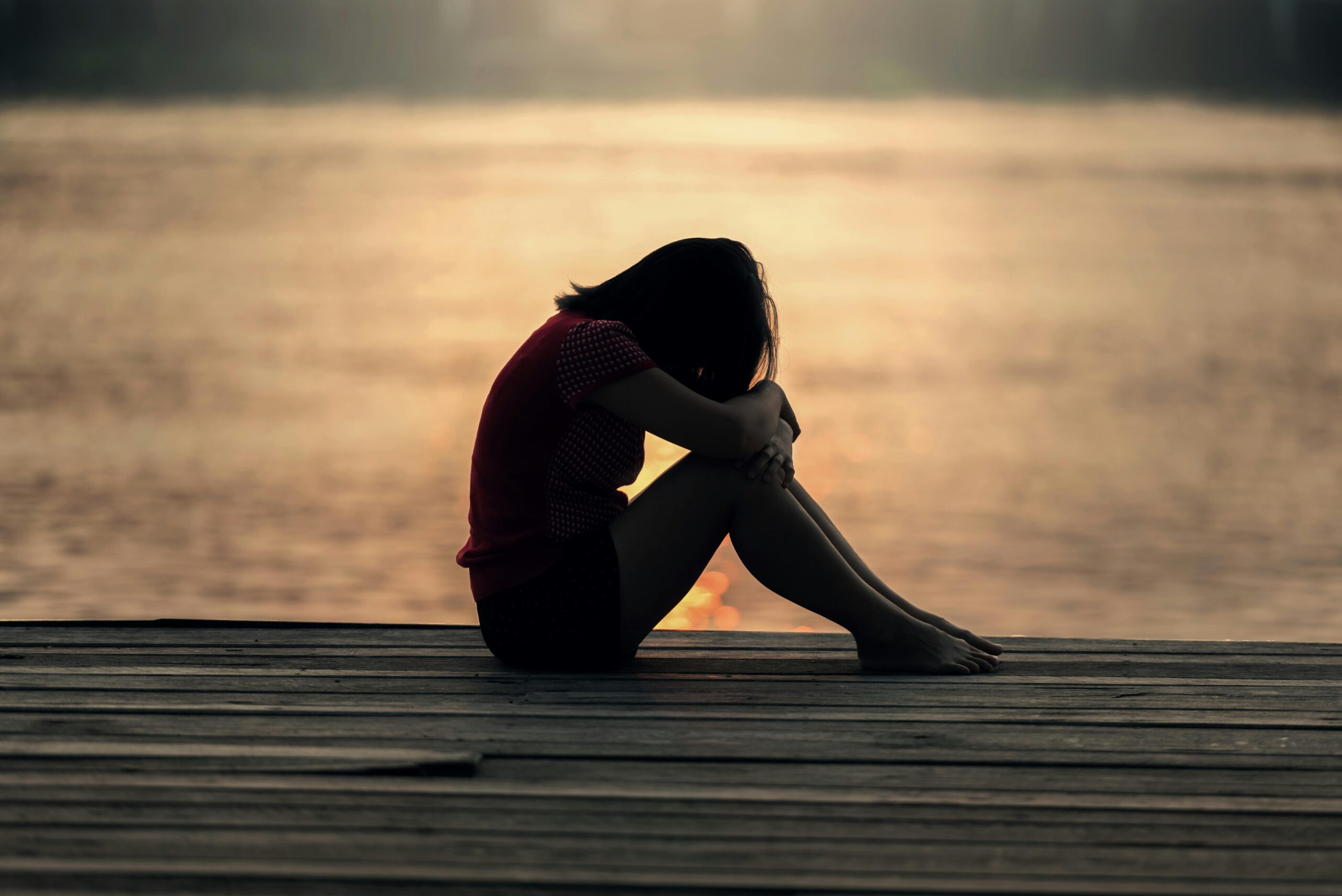Itanagar: Some 18-20 patients in Arunachal Pradesh visit a psychiatrist on a daily basis and the number tends to increase to 40 at times, Tame Kena, associate professor in the Department of Psychiatry at Tomo Riba Institute of Health and Medical Sciences (TRIHMS) said.
Mental health issues are not new, are inherent in every society and not knowing how to handle the complications results in the escalation of these issues into greater force.
According to the 2020 National Crime Records Bureau report on accidental deaths and suicides, Arunachal Pradesh ranks 17th in the list of highest suicide rates in India with 10.5% per 1 lakh population.
Dr Kena said there is, however, no accurate statistics on the suicide mortality rate in Arunachal as most of the time people are not willing to report such incidents to the police due to the stigma attached to them.
He cited genetic causes, stress from significant life events, psycho-social situations and drug abuse as the major causes of suicide. Impulsive behaviour and psychotic illness act as a trigger for suicide, he said.
According to a retrospective study conducted by the TRIHMS on the patients admitted to psychiatric wards in the last three years, substance use, mostly alcohol and opium, has been the major cause of depression.
Discussing the treatments required for a mental health issue, Dr Kena stated that each issue is different from the other and has to be treated differently.
“Mental health cannot be categorised in one box. It has many variations,” he added.
Situational stress can be cured with supportive counselling, prolonged illness such as recurrent depression, or episodic issues that need a treatment of about 6-12 months, which is the usual timeframe for the treatment to work. Bipolar, psychosis and schizophrenia are lifetime illnesses whose treatment will last as long.
However, the lack of a desired number of psychologists and trained counsellors is the department’s major concern, Dr Kena said.
Haniya Payee, Nodal Officer of state mental health, told NewsFy that the state mental health authorities are trying their best to provide all the assistance to mental health patients.
They have implemented initiatives like TeleMANAS and Mukhya Mantri Mansik Swasthya Yojana that provide tele counselling services and free medication.
They have also registered NGOs (Deepak Nabam Living Home and Mother’s Home) under the State Mental Health Authority.
Payee further said that under the district mental health programme, 16 districts have been enrolled and the rest are in a pipeline. Additionally, their teams make weekly visits to the NGOs.
TeleManas is a 24×7 tele counselling service under the Centre’s District Mental Health Programme. It is also known as the digital arm of the District Mental Health Programme. TeleManas has three tiers of counselling. Tier 1 is a session with a counsellor. If the initial counselling is not enough for the patient, they are passed on to tier 2 where the patient can talk with psychologists and if the patient has severe issues, they are referred to a psychiatrist, which is tier 3.
Also read: Sadiya Khowa Gohain: A Legacy to be questioned or celebrated?





